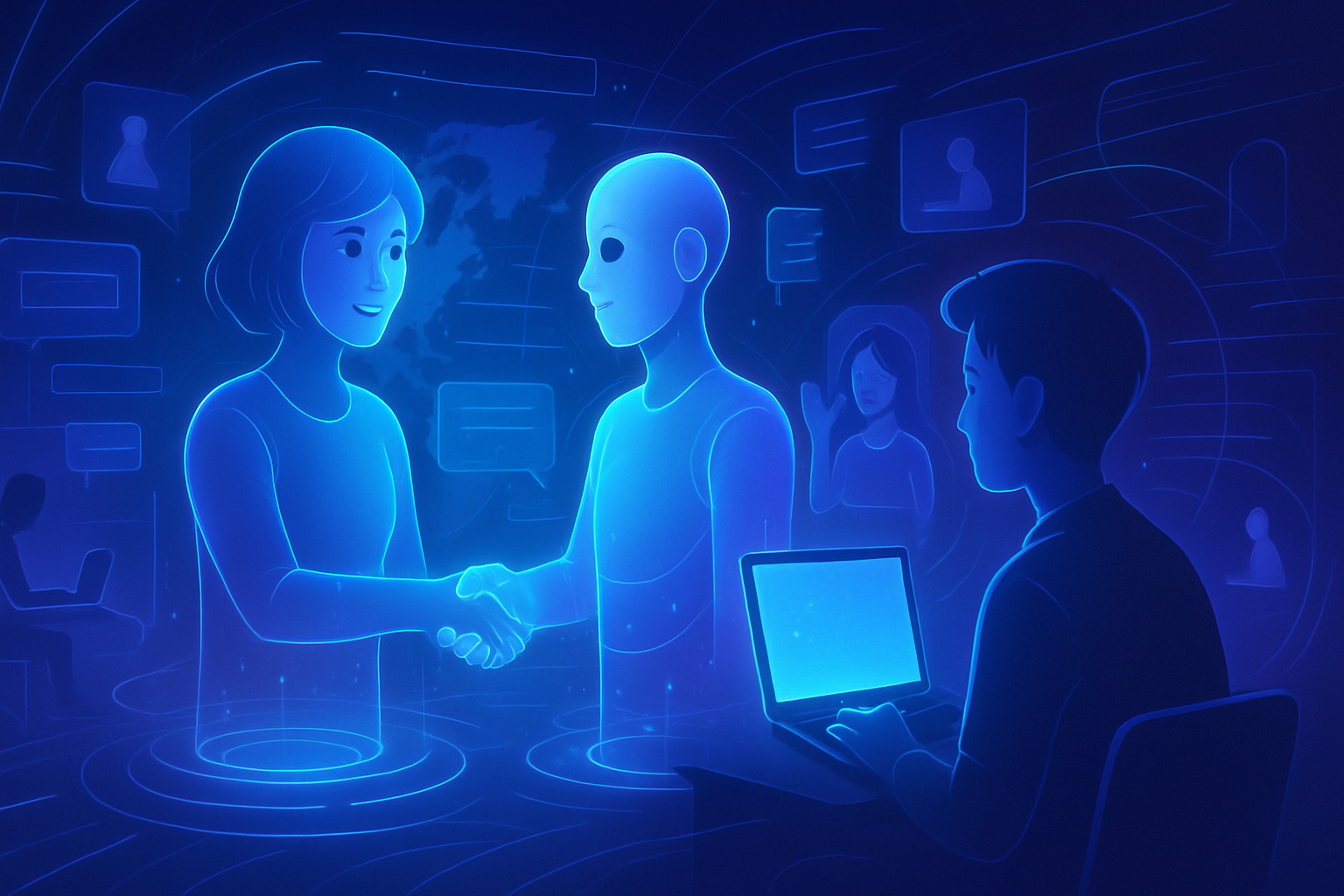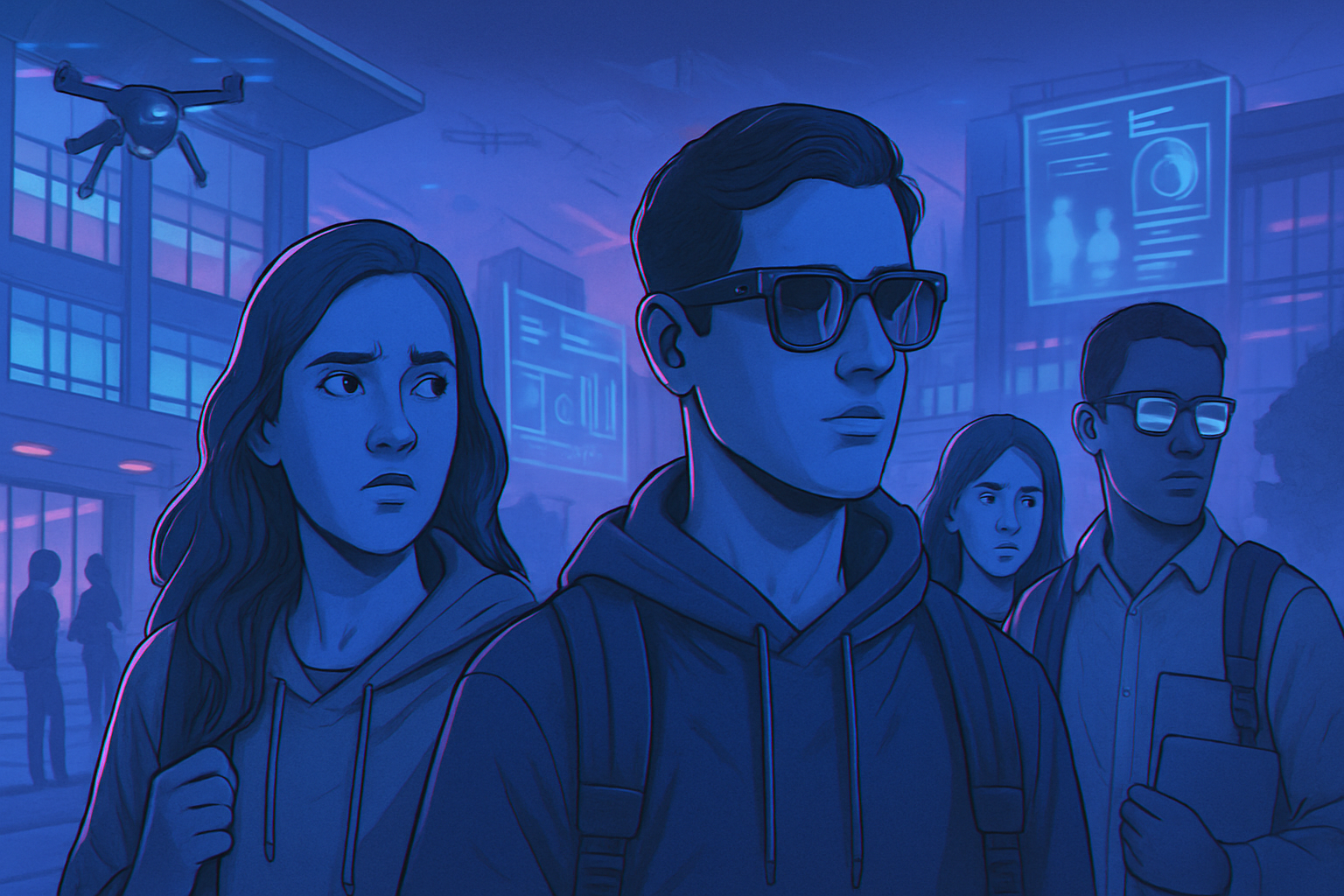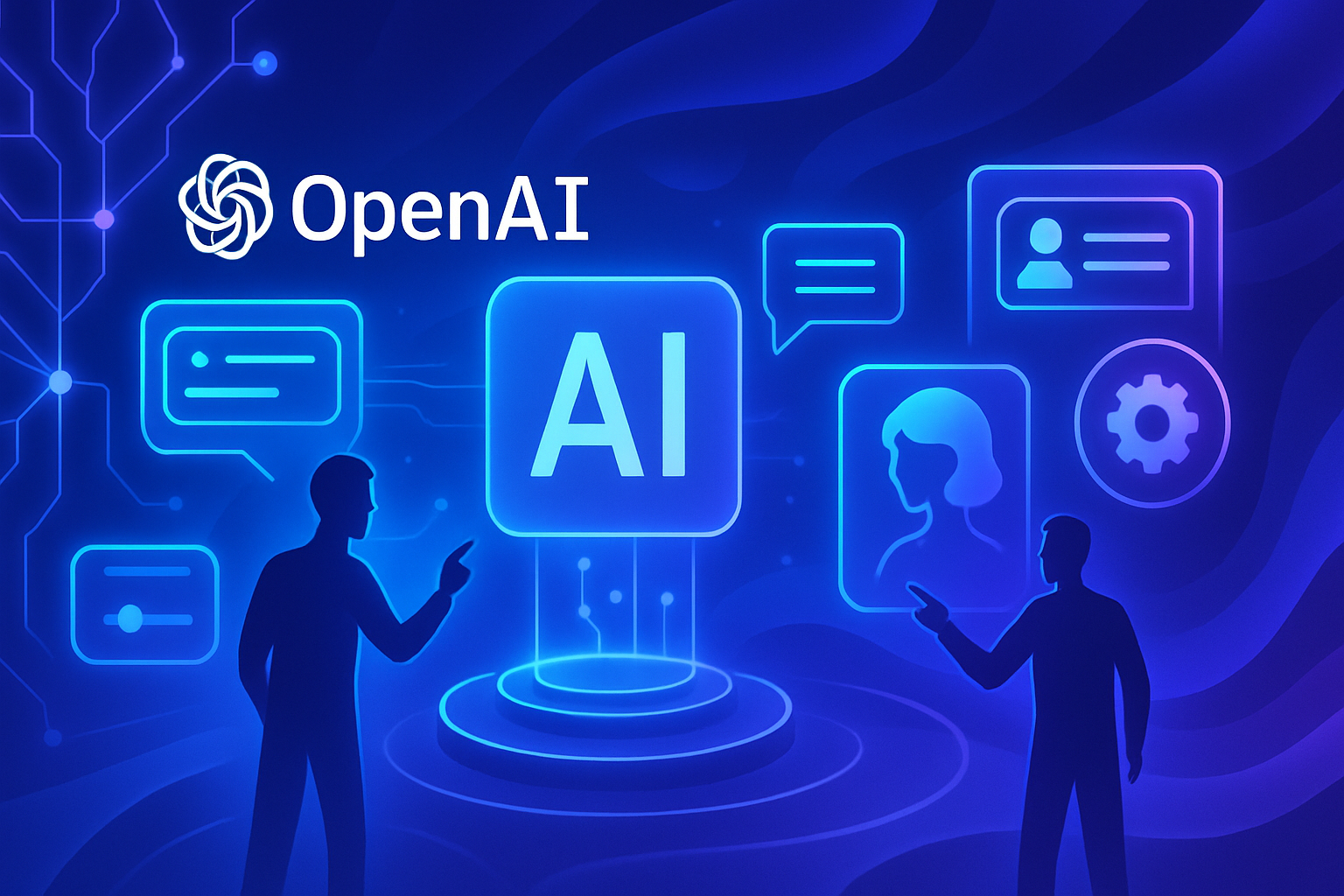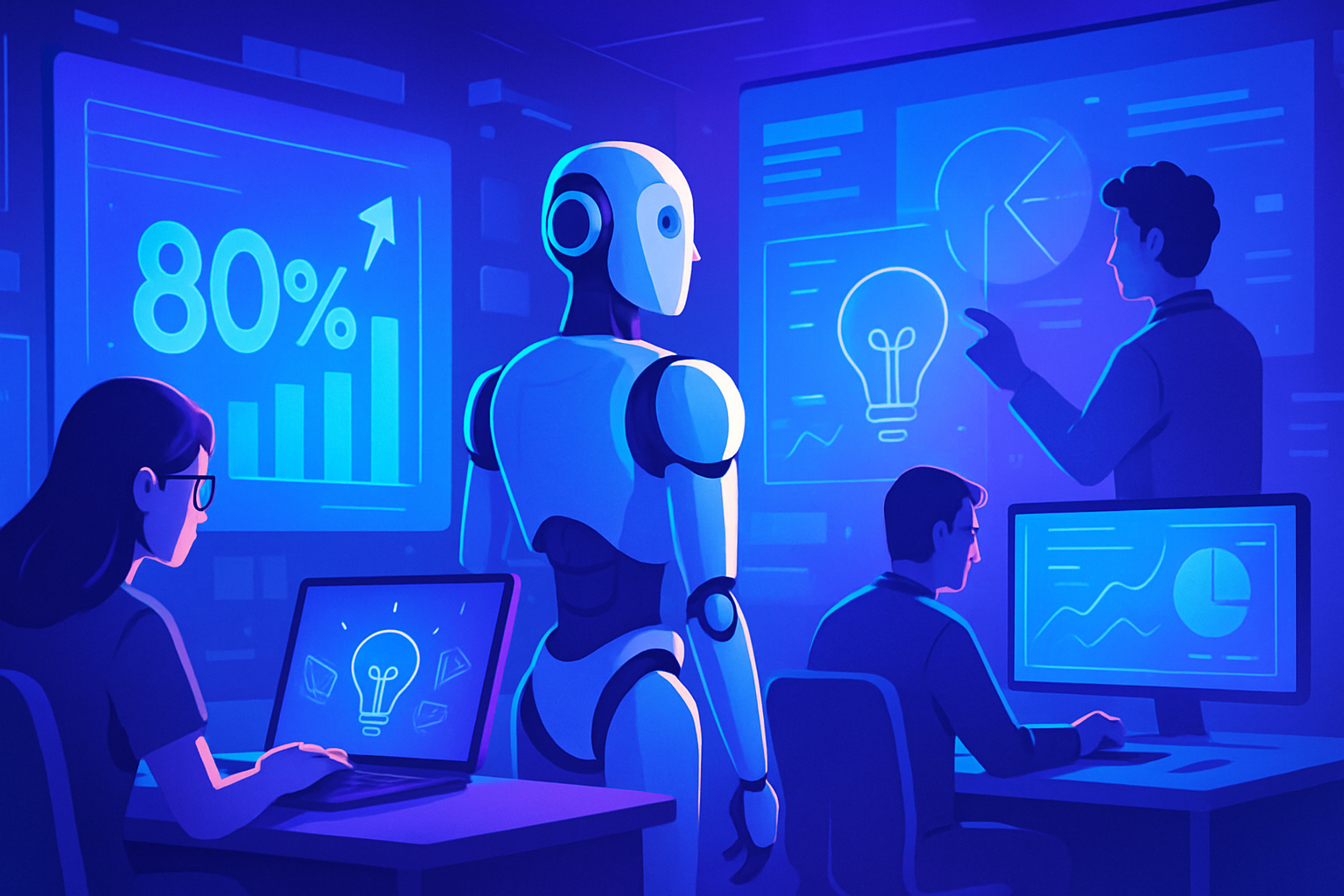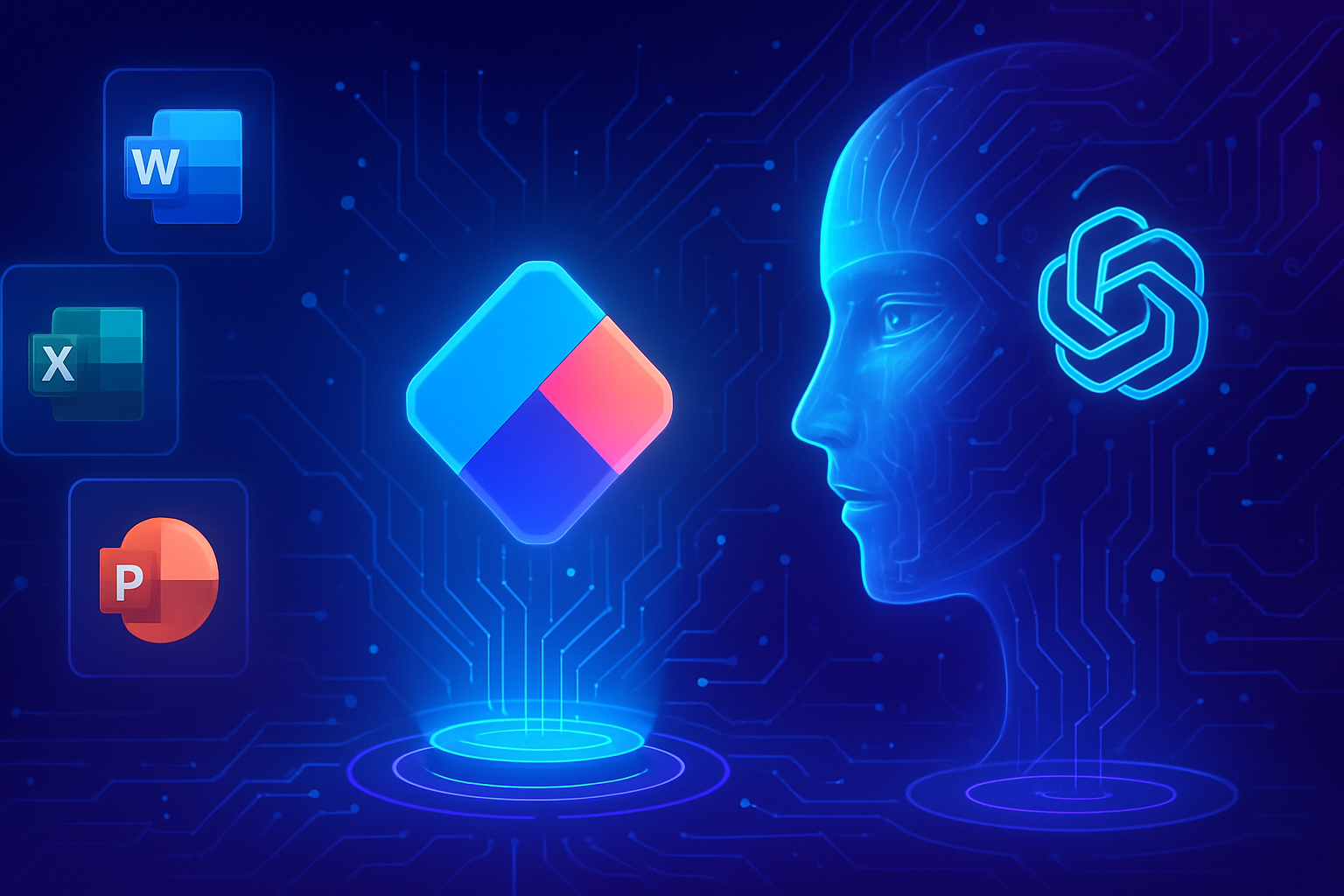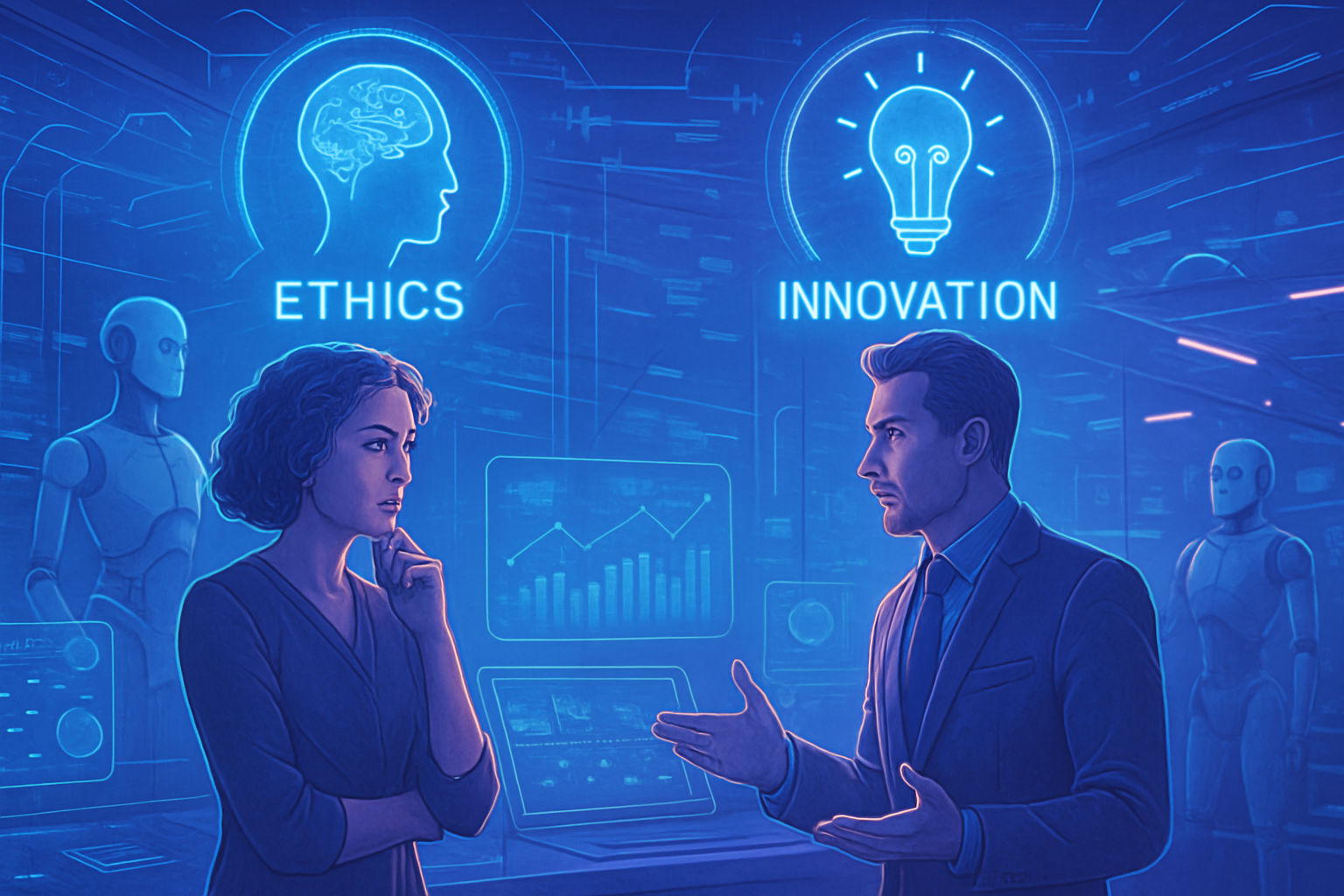Contemporary solitude pushes more and more individuals towards digital entities. Technology brings us closer, and these virtual companions emerge as unexpected allies. *These digital assistants offer* a comforting interaction, remedying a growing isolation. The psychological and social stakes are deeply revealing of this evolution. Digital friendship transforms our interactions, raising questions about the authenticity of relationships. *Surprisingly, these virtual figures shape our daily lives*, making the world more accessible, yet paradoxically more isolated.
Virtual companions: a growing phenomenon
Virtual companions have conquered the digital age, representing an innovative response to the challenges of social isolation. These digital entities, largely powered by artificial intelligence, are designed to interact with users, providing emotional support and social interactions. The rising popularity of these tools results from a context where traditional human relationships are often fragmented, exacerbated by recent events.
Impact on mental health
Research is emerging on the impact of virtual companions on mental health. For example, the use of therapeutic chatbots raises many ethical questions, including the responsibility of designers towards vulnerable users. A recent report addresses the issues of the use of chatbots in suicide prevention, highlighting their effectiveness in detecting signs of distress.
Underlying technologies
The technologies that support these virtual companions are evolving rapidly. Advancements in natural language processing allow these bots to understand and interact in a more human-like manner. Platforms like GPT-4 offer striking conversational capabilities, making the experience more engaging. Users often find that these interactions provide an unprecedented form of comfort, almost comparable to that of a friend.
A response to isolation
Social isolation affects a large part of the population, particularly the young. The health crisis has intensified this phenomenon, generating an urgent need for meaningful connections. Virtual companions thus assert themselves as new allies in establishing these links. Their accessible nature and availability at any time highlight their appeal to those seeking companionship.
Controversies and Limitations
Despite their growing popularity, controversies surround their use. Some experts worry about the potential consequences of excessive reliance on these technologies. The relationship with a virtual companion can sometimes mask underlying issues, making it even more difficult to seek human help. Privacy-related extensions are also to be monitored; cases have shown that these tools can encounter usability issues related to security settings.
Digital spaces thus become places for meeting but also for reflection. The fusion of artificial intelligence and human interactions presents significant challenges. The implementation of ethical regulations may prove necessary to frame this dynamic evolution of the technological landscape.
Future evolution of digital companions
Digital companions continue to evolve, adapting to the growing needs of society. Innovative initiatives, such as those launched by companies like OpenAI, express a desire to rethink the limits of artificial intelligence. Emerging projects around advanced interfaces demonstrate this ambition.
In parallel, reflections on the social and ethical implications of these innovations focus on the need to protect the user. Criticism is emerging regarding the direction in which this technology is heading. Debates about the responsibility of designers towards users where isolation predominates are intensifying.
As virtual companions continue their rise, their integration into daily life raises questions about the future of human interactions. The coexistence between technology and humanity imposes a delicate balance, essential to navigate through this new digital era.
Common questions about virtual companions
What is a virtual companion?
A virtual companion is a digital program designed to interact with users, providing conversations, emotional support, and social interaction in a digital environment.
How do virtual companions help overcome isolation?
Virtual companions provide a source of company and conversation, thereby facilitating social connections and reducing the feeling of isolation, especially during periods of social distancing.
Can virtual companions replace human interactions?
While they cannot completely replace human relationships, virtual companions enrich the social experience and are particularly beneficial for those struggling to connect with others.
What are the psychological benefits of virtual companions?
They can reduce anxiety, provide comfort and support, and help users feel less alone, thus contributing to an overall improvement in well-being.
Are virtual companions suitable for all ages?
Yes, there are virtual companions designed for various age groups, ranging from young children to elderly individuals, each having specific functionalities that meet their needs.
How does artificial intelligence work in virtual companions?
Virtual companions use artificial intelligence algorithms to understand and respond to user interactions, allowing them to learn and improve over time.
Can virtual companions be customized?
Yes, many virtual companions offer customization options, allowing users to change the appearance, personality, and responses of the companion to better match their preferences.
What risks exist with the use of virtual companions?
It is important to be aware of privacy and security concerns, as well as the need for a balance between digital interactions and those in the real world.
Can virtual companions help individuals with disabilities?
Absolutely, they can provide additional support and interaction opportunities for individuals with physical or psychosocial limitations, thus promoting inclusion.
How to choose the right virtual companion?
It is essential to consider criteria such as features, user reviews, compatibility with your needs and personality, and the type of interactions you seek.
